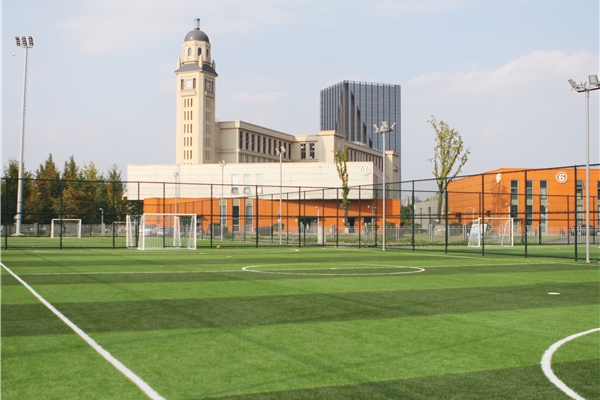即可将网页分享至朋友圈
本次活动教师发展中心特别邀请日本静冈大学助理教授刘志博士和日本大阪大学赵伟博士后,与我校师生分享他们的研究心得。具体安排如下,欢迎感兴趣的师生参加:
一、时 间:2017年12月26日(周二)14:30
二、地 点:清水河校区经管楼宾诺咖啡
三、主持人:计算机科学与工程学院 荣智海教授
四、主题一:Intelligent Virtual Reality Video Streami
主讲人:刘志 日本静冈大学 助理教授
交流内容:
Virtual reality (VR) provides users extraordinary viewing experience and draws more and more attentions from both industry and academia. I will overview the challenges and solutions towards the intelligent virtual reality video streaming. Meanwhile, this intelligent reality video streaming needs more computation capability to predict future viewing angle, etc. Providing the required computational capabilities with latency requirement is becoming a crucial problem, and mobile edge computing is one alternative to realize this. This talk also gives a case study on the mobile edge computing in vehicular environment. By utilizing available resources in neighboring vehicles, roadside units, and the cloud via the multi-access networks, it is possible to gain the increasingly demanded computation capability for emerging in-vehicle applications.
主讲人简介:
刘志,2009年毕业于中国科大计算机系,获得学士学位;2014年毕业于日本信息学研究所,获得博士学位。2014-2017年为早稻田大学研究院助理教授,2017年开始为早稻田大学招聘研究员和静冈大学助理教授。刘志主要从事视频传输和网络的研究。曾获得IEEE JSPS特别研究员,StreamComm2011 best student paper award, VTC2014-Spring Young Researchers Encouragement Award and 2015 IEICE Young Researchers’ Award等,并担任Wireless Communications and Mobile Computing,Sensor, IEICE Transactions on Information and Systems等的客座编委。
主题二:UAV based Communication Relief System in the Post-Disaster Area: U-MANETs
主讲人:赵伟 日本大阪大学 JSPS博士后
交流内容:
In this talk, we will introduce Unmanned Aerial Vehicle (UAV) based Communication Relief MANETs for temporary emergency communication in the post-disaster area. Today’s emergency communication systems expose low availability (e.g., satellite systems are only available for rescue command communication.), or low adaptability (e.g., movable base stations are constrained by the geographical environment.), and so forth. To address the problem, we designed a new emergency communication system by making full use of UAV mobility. This system consists of three tiers, namely end-user tier, router tier in the form of WMNs and UAV tier in the form of Ad-Hoc. The traffic in the end-user tier is relayed from the router tier, the UAV tier and finally to the remote base station. The system delivers one of important properties: high adaptability to dynamic networks. By maintaining the UAV waypoints, the network can efficiently correspond to high end-user mobility, router failure and new deployed routers, which are common characteristics in the post-disaster networks. Technically, we will present the proposed network architecture U-MANETs, the design of UAV-UAV wireless link in the physical layer, and the waypoint selection of UAVs to improve the network performance.
主讲人简介:
赵伟,分别于2012年在中国科学技术大学应用计算机专业获得硕士学位,2015年在日本东北大学应用计算机专业获得博士学位。目前在日本大阪大学Takahiro Hara(原隆浩)教授指导下从事博士后(JSPS)研究。2015年10月起任安徽工业大学副教授。主要研究兴趣包括无线网络资源分配和边缘计算/存储等。
五、主办单位:人力资源部教师发展中心
承办单位:计算机科学与工程学院、大数据研究中心
欢迎广大师生参加!
人力资源部教师发展中心
2017年12月21日
编辑:罗莎 / 审核:林坤 / 发布:林坤


